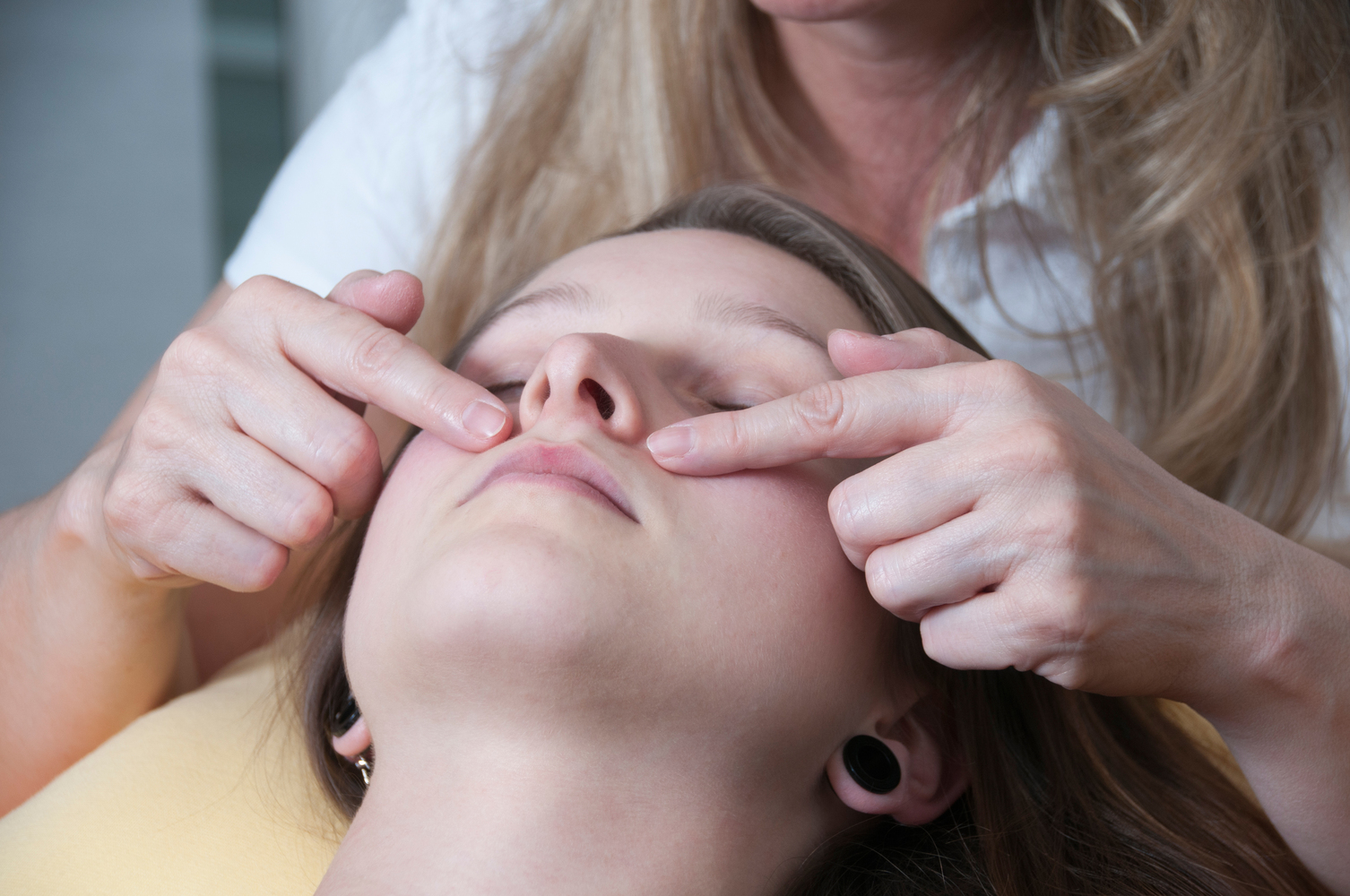
Nasal Polyps – Symptoms and Preventive Measures
Nasal polyps are the non-cancerous growths present inside the nose attached to the lining of the nasal passages or sinuses. These growths are more often than not soft and painless. They hang down from the lining like grapes or are in a teardrop shape. When an individual goes through repeated inflammatory infections, allergies, asthma, or has particular immune disordered or drug sensitivity, this condition occurs.
When these nasal polyps are small in size, there might not be any significant or noticeable symptoms and warning signs. However, if they are of a bigger size, then they may interfere with breathing and lead to the development of various breathing problems. In addition to that, they can also lead to several infections which are mild in nature but occur frequently. Thereby understanding the symptoms and warning signs of nasal polyps and how to prevent them.
The most common symptoms and warning signs of nasal polyps are
- postnasal drip,
- pain in the upper teeth,
- nosebleeds occurring at a high frequency,
- loss of sense of taste,
- absent or decreased sense of smell,
- persistent stuffiness in the nose,
- runny nose,
- headache or facial pain,
- a feeling of pressure over the face and the forehead, and
- snoring.
This condition is usually associated with the inflammations of the lining of nasal passages which can extend over a period of 12 weeks, also known as chronic sinusitis. However, it is possible for chronic sinusitis to occur without developing a case of nasal polyps.
The different ways to prevent symptoms and warning signs of nasal polyps are
- Keep Away from Nasal Irritants
Allergens such as tobacco smoke, dust, chemical fumes, and debris can be the start of the development of nasal polyps and its various symptoms. Breathing in these substances can irritate the nose and sinuses and can very easily lead to some kind of swelling. Hence, avoiding such airborne substances as much as possible is advised. - Maintain Good Hygiene
Bacteria and viruses are present all around us and can very easily affect sensitive organs such as the inner linings of nasal passages. The safest and easiest way to make sure that we are avoiding these bacteria and viruses is to maintain basic hygiene at all times. Washing our hands thoroughly and at regular intervals can help in avoiding any unwanted bacteria and viruses from entering the nasal passages and causing inflammation and swelling leading to the development of nasal polyps. - Use a Nasal Rinse
Nasal washes or saline (saltwater) sprays clean or rinse the nasal passages. Doing so would make sure that any allergens or irritants that might be present around these passages are removed and also improve the mucus flow in these passages. Nasal wash kits along with the devices required are available. Some examples of devices used for nasal rinse are squeeze bottles and neti pots. Over-the-counter saline sprays are also readily available.


